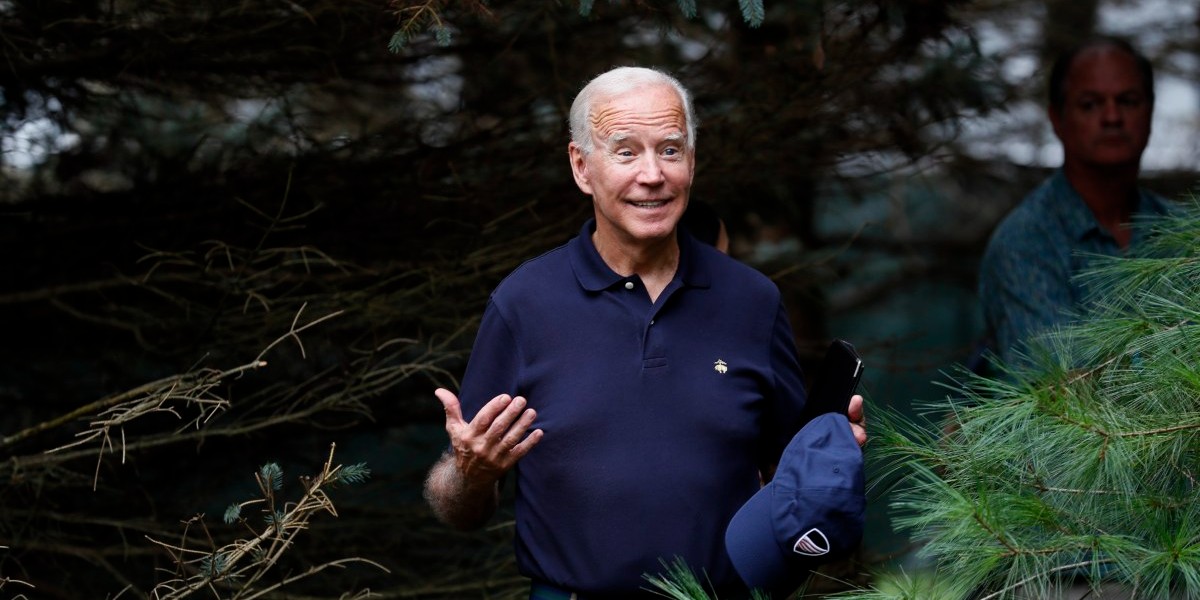
The reform to the federal electric vehicle incentive program, which includes an increased $12,500 EV incentive, has survived President Biden’s updated ‘Build Back Better’ proposal.
Ever since President Joe Biden took over the White House and the Democrats achieved a majority in both the House and the Senate, they have made it clear that they plan to reform the federal EV incentive program.
The current program has some important flaws. The main one is that it caps the $7,500 tax credit to 200,000 electric vehicles per manufacturer.
It puts automakers who were early proponents of electric vehicles, like Tesla and GM, at a disadvantage.
The second biggest problem is that the incentive takes the form of a $7,500 tax credit, which requires you to have the equivalent federal tax burden, and it is only applied on your next taxes.
Over the last year, there have been several proposals to reform the EV incentive.
The latest one has been folded into Biden’s giant ‘Build Back Better Act’, which has been contested in the US legislature for months now.
Today, the White House has released an updated version of the proposal that “President Biden is confident can pass both houses of Congress.”
In the framework, the White House confirmed that the updated $12,500 EV incentive survived:
“Deliver substantial consumer rebates and ensure middle class families save money as they shift to clean energy and electrification. The consumer rebates and credits included in the Build Back Better framework will save the average American family hundreds of dollars per year in energy costs. These measures include enhancement and expansion of existing home energy and efficiency tax credits, as well as the creation of a new, electrification-focused rebate program. The framework will cut the cost of installing rooftop solar for a home by around 30 percent, shortening the payback period by around 5 years; and the framework’s electric vehicle tax credit will lower the cost of an electric vehicle that is made in America with American materials and union labor by $12,500 for a middle-class family. In addition, the framework will help rural communities tap into the clean energy opportunity through targeted grants and loans through the Department of Agriculture.”
The framework doesn’t include the details of the program.
We listed all the main changes to the program when it was first announced earlier this year:
- Remove the 200,000 vehicles per manufacturer cap
- Keep the $7,500 incentive for new electric cars for 5 years
- Make the $7,500 incentive a point-of-sale discount instead of tax credit
- EVs with battery pack smaller than 40 kWh are limited to a $4,000 incentive
- Add an additional $4,500 for EV assembled at union factories
- Add another $500 for EVs using battery packs with 50% of components (including cells) are made in the US
- After the first 5 years, the $7,500 becomes only for US-made electric vehicles and it applies for another 5 years.
- They introduce price limits on the EVs eligible for the incentives:
- Sedans under $55,000
- SUVs under $69,000
- Pickup trucks under $74,000
- Vans under $54,000
- They are also introducing caps on income to get access to the incentives, but they are fairly high at an adjusted gross income of up to $400,000 for individuals and up to $800,000 for joint filers.
FTC: We use income earning auto affiliate links. More.



Comments